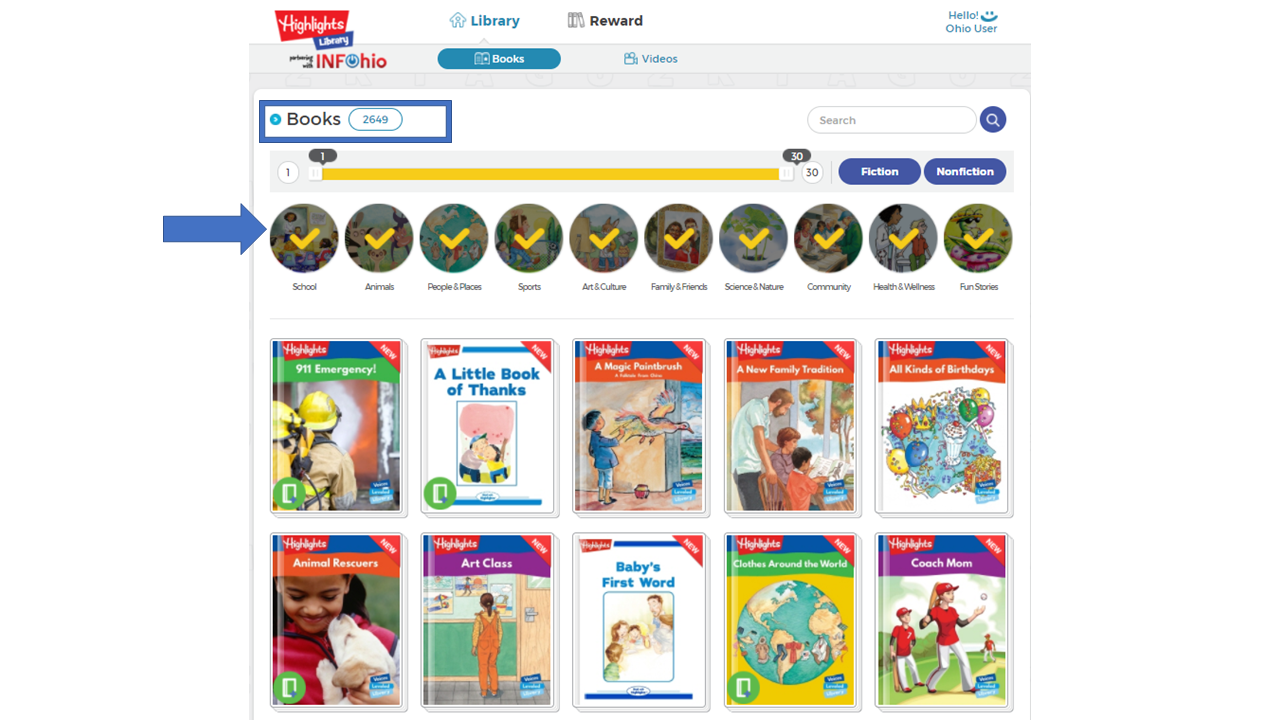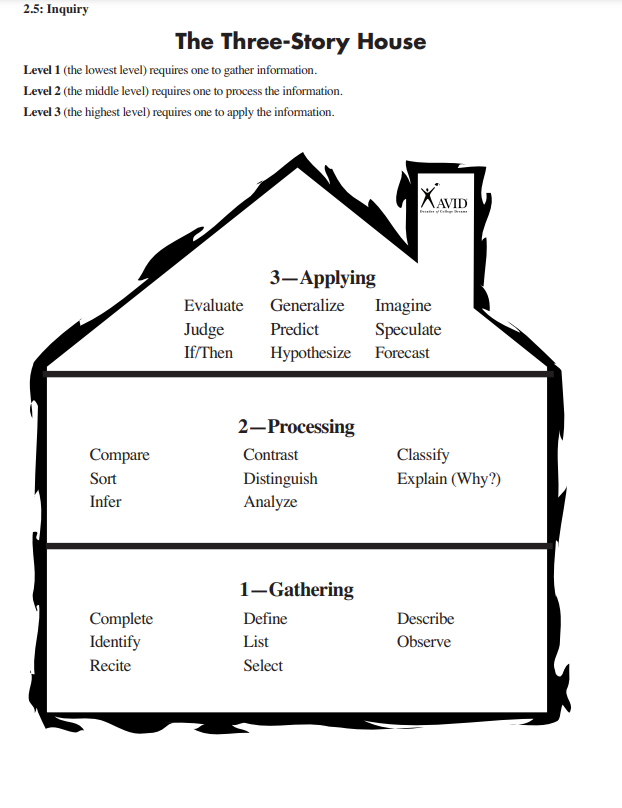Author // Emily Rozmus Monday, 16 November 2020
INFOhio provides resources and web tools at no cost to all Ohio's teachers. Articles, videos, eBooks, and learning modules are available to use in lesson plans and learning activities. To support educators integrating digital content into instruction and remote teaching, INFOhio has created Monday Mini Lessons—videos that showcase best practices for remote teaching using INFOhio's high-quality digital content.
Monday Mini Lessons focus on strategies educators need to connect with and engage students during this time of social distancing. These model lessons are practical approaches with learned best practices to support the use of digital content in instruction whether face-to-face or virtual. You can learn more about how to use and navigate INFOhio’s resources and web tools in INFOhio Learning Pathways, just one option for flexible PD from INFOhio Campus.
November's focus is inquiry in INFOhio's Monday Mini Lessons. Learn more about how to use Highlights Library to support INFOhio’s Dimensions of Inquiry for project-based learning, research, and critical thinking. Highlights Library is a collection of over 2,600 eBooks, both fiction and nonfiction, with titles appropriate for readers in preschool or grades K-5. Students can browse or search for just the right book, and in this lesson, find one on a topic to pique their curiosity and maximize wonder.

In this Highlights Library mini lesson the standard focus is on the Ohio Learning Standards, English Language Arts Writing anchor standards 7 and 8:
This lesson also features Best Practices for Digital Reading including:
Previous experience with Highlights Library will be helpful for students throughout this lesson. Students will also benefit from an introduction to questioning to help them understand the significance of types of questions. Costa's Levels of Questioning is a visual approach to teaching questioning skills, starting with simple questions and building in difficulty to make connections.

Effective Questioning During Virtual Learning is another helpful resource to teach students to be good questioners. Educator Barbara Blackburn shares techniques which work well in the virtual classroom such as FIRE questions and question stems or starters in this Middleweb blog post.
You may also want to explore strategies for using break out rooms in platforms such as Zoom for best results. Dr. Bevin Reinin's blog teach.train.love has some practical ideas for how to set norms and make the experience beneficial for learners.
Watch the November Monday Mini Lessons: Using Highlights Library to Teach Questioning and reflect on how you can modify this lesson to use in your own teaching practice.
One way to expand on this mini lesson would be to provide a variety of media to help students generate questions. Consider the visual approach featured in this Teach With INFOhio blog post, INFOhio and Inquiry: Questioning. This post suggests asking students to use images, sound recordings, or videos from World Book Kids or World Book Student to generate questions. The KWL chart featured in this lesson will work well with other lessons where questioning is the goal.
There are other ways to use Highlights Library in instruction. Explore other Teach With INFOhio blogs that provide integration ideas for using this resource and others:
Learn more about the eBooks resource by taking the Highlights Library class. Dig deeper into inquiry with the What is Inquiry? class. To learn more about how to help readers of any age comprehend and analyze digital text, take the Reading on the Screen class available within the K-5 Digital Content Learning Pathway.
A lesson plan for using Highlights Library to support social and emotional learning is also available. Check out Showing Empathy: Highlights Library Lesson for Grades 4-5.
Monday Mini Lessons will continue throughout the school year, focusing on new themes and practical applications for your teaching practice, using INFOhio's licensed digital content. If you have questions or comments, we are here to help! Please contact us at support.infohio.org.
Emily Rozmus is a Senior Instructional Specialist at INFOhio. She has worked in education for over 25 years, first as a secondary English teacher and district librarian before starting at INFOhio in 2013. Emily has developed district growth plans, integrated technology, created instruction for information literacy, fostered teacher development, and worked on teams to implement curriculum. At INFOhio, she focuses on training educators to use INFOhio resources to improve early learning. She also works to share research and best practices for helping students be better readers of INFOhio's digital text.
Fetch is avaiable to INFOhio automated schools. If you are an INFOhio school, please log in with your school username/password using the button at the top-left corner of this page.
For more information about Fetch, please visit the Fetch information page or contact INFOhio support at https://support.infohio.org.